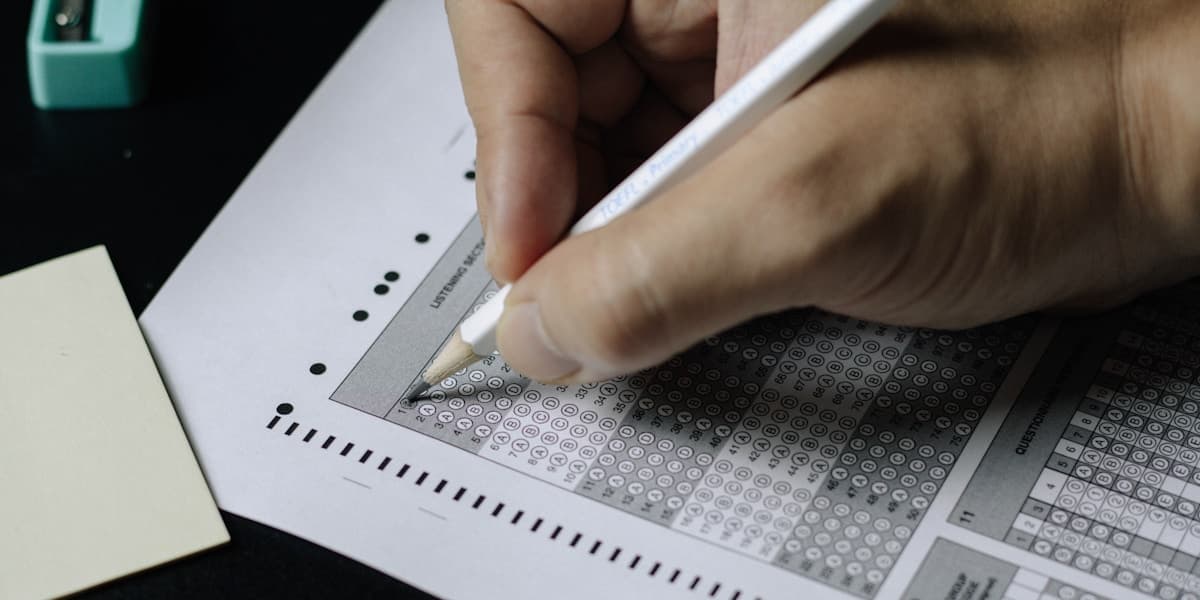Flashcards for College Students: A Comprehensive Guide

College life can feel overwhelming. You juggle classes, exams, and daily tasks. Flashcards can help. They make you focus on key facts, and they keep you alert.
In this post, you will learn why flashcards matter. You will also discover how to create them and use the best apps. Finally, you will get tips for boosting memory in any subject.
Why Flashcards Work for College Students
Flashcards rely on active recall. You see a prompt, then force yourself to remember the answer. This process builds strong memory pathways.
They also use spaced repetition. You review the same card after short delays. These delays grow longer each time you master the material. Over time, you store facts more securely.
Creating Effective Flashcards
How Many Flashcards Should You Make?
Limit each set to the essentials. If you face dense reading, split your cards into smaller sections. Focus on core ideas. Fewer cards with key facts often work best.
Content per Card: Concise vs. Detailed
Keep each card short. Use clear prompts, then one crisp answer. If a topic is complex, break it down. More cards with less text helps you avoid clutter.
Visuals and Memory Hooks
Add simple images or color-coded terms when possible. Visual cues stick in your mind. A small diagram can replace long descriptions.
Best Flashcard Apps and Systems for College Students
Quizlet
Quizlet offers a large library of existing cards. It also has modes for self-testing. Quizlet Live helps group sessions.
Brainscape
Brainscape uses spaced repetition. It tracks your progress with simple metrics. You can sync across devices, so you never lose track of your sets.
Anki
Anki lets you customize cards in detail. Its spaced repetition system can feel complex, but it rewards consistent use. Medical students frequently use Anki for exam preparation.
Other Platforms
Some students like Kahoot! for interactive quizzes. Vaia provides multiple-choice drills and offline mode. Both options keep learning flexible.
Strategies for Using Flashcards to Excel in Different Subjects
STEM Courses
Use diagrams to show steps in a reaction or problem. Break down each formula onto a separate card. Repetition cements the details.
Humanities
Write short summaries of key events, themes, or quotes. Use short prompts that trigger deeper thought. Group your cards by era or author.
Professional Exams
Focus on facts that appear often. For the MCAT, drill high-yield medical terms and concepts. For the LSAT, practice logic puzzles with small steps.
Tips for Optimizing Your Flashcard Study Routine
Rotate different subjects. Mix physics, language, and history in one session. Keep your brain active. Track your progress in each app. Try to build a small reward system, like a short break after a few sets. This small boost can lift motivation.
Conclusion
Flashcards remain a powerful study tool. They use simple prompts and spaced repetition to lock in key data. Apps like Quizlet, Brainscape, and Anki make this process easier—see our detailed comparison of Anki vs Quizlet vs EducateAI to find the best fit. Whether you study complex formulas or literary terms, you can improve recall and feel more confident.
For more study strategies, explore our 15 essential study tips and learn about active recall techniques to maximize your learning.
Try one of these methods today. Start small, review often, and watch your memory grow.
Related Articles

How to Create Flashcards: Modern Methods & Best Practices 2025
Master the art of flashcard creation. From digital tools to scientific strategies for optimal retention and understanding.

The End of Manual Flashcards: How AI Creates Perfect Study Decks in Seconds
Smart flashcards adapt to your learning speed, focus on weak areas, and use spaced repetition. Discover the future of efficient, personalized studying.

Anki vs Quizlet vs EducateAI: Complete Flashcard App Comparison 2026
Detailed comparison of Anki, Quizlet, and EducateAI flashcard apps—features, pricing, pros/cons, and which platform fits your learning style. Make an informed choice.